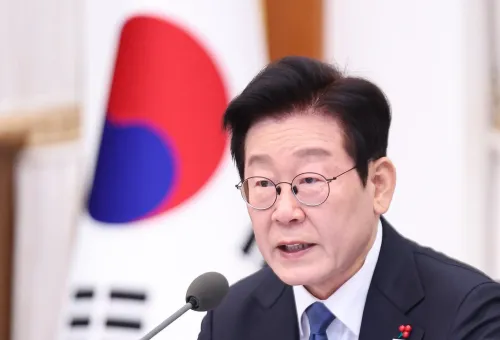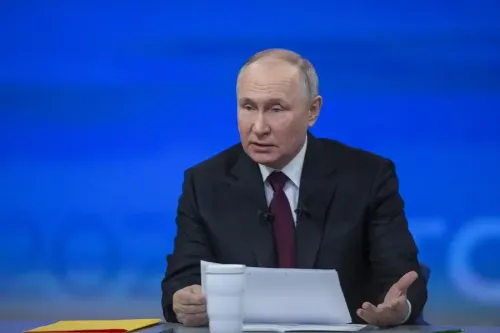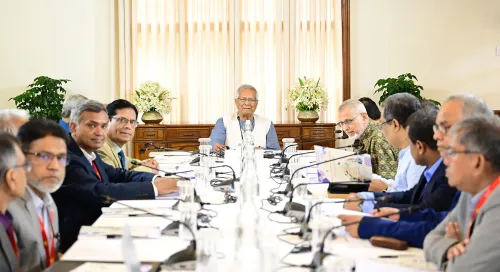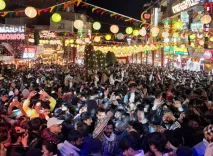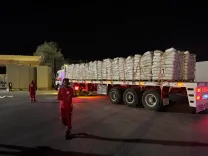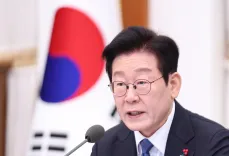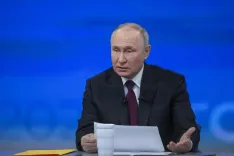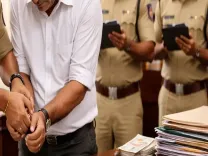How is South Korean police ensuring security for presidential candidates?
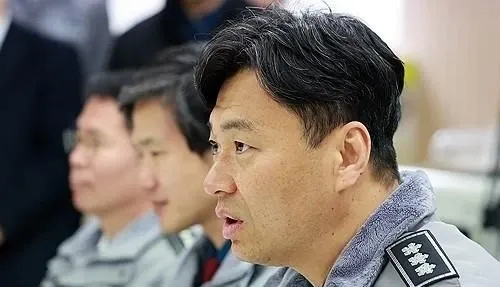
Synopsis
Key Takeaways
- Three layers of security to protect candidates.
- Six police squads will exclusively guard candidates during rallies.
- Advanced technology will be utilized, including bomb-sniffing dogs.
- On election day, the Gapho level of emergency duty will be activated.
- Overseas voting starts on Tuesday for 258,254 voters.
Seoul, May 19 (NationPress) The South Korean police announced on Monday their strategy to implement three layers of security forces to ensure the safety of presidential candidates in light of the upcoming June 3 election.
Park Hyun-soo, the acting head of the Seoul Metropolitan Police Agency, revealed the plan during a routine press briefing, stating that a total of six police units will be specifically assigned to protect candidates during their campaign rallies.
The police units will constitute the third layer of security, while the first layer will consist of a specialized security team from the National Police Agency. The second layer will include detectives and officers from local police stations, as reported by the Yonhap news agency.
"In critical situations, I intend to personally oversee the operations on the ground," Park stated.
In addition, police will utilize cutting-edge specialized equipment at campaign events, including bomb-sniffing dogs, anti-sniper surveillance technology, and specialized binoculars.
On election day, the police aim to activate the Gapho level of the emergency duty system, which is the highest alert status, to ensure that 100% of available forces are deployed.
Meanwhile, overseas voting for the South Korean presidential election on June 3 is set to commence on Tuesday and will last for six days.
A total of 258,254 overseas South Korean citizens, including those registered as absentee voters, will be eligible to cast their votes at 223 polling locations across 118 countries from Tuesday to the following Wednesday, as stated by the National Election Commission (NEC).
Polling places have been established at South Korean diplomatic missions in Cuba, Luxembourg, Lithuania, and Estonia for the first time, coinciding with the recent establishment of these missions.
Eligible voters who cannot participate in overseas voting or who prefer to vote in South Korea can do so on election day by reporting to regional election commissions between May 26 and June 3, according to the NEC.
As the election draws near, South Korean presidential candidates are intensifying their campaigns to attract undecided voters in Seoul, which is a crucial battleground, with only 15 days remaining to select a successor to former President Yoon Suk Yeol, who was removed from office following a failed martial law attempt.
Democratic Party (DP) candidate Lee Jae-myung, who is leading in the campaign, engaged with elderly voters, while People Power Party (PPP) candidate Kim Moon-soo and Lee Jun-seok of the minor New Reform Party (NRP) participated in a forum in Seoul.



